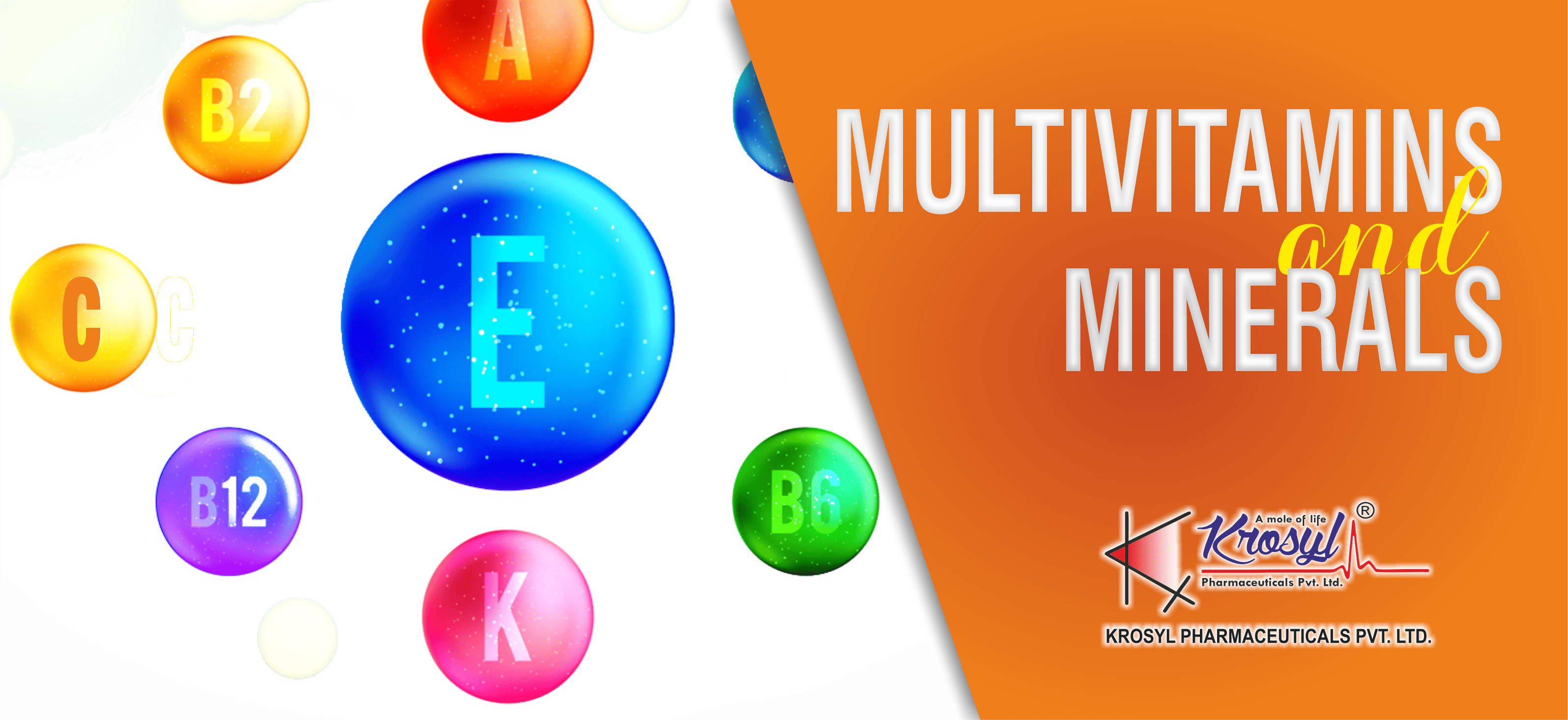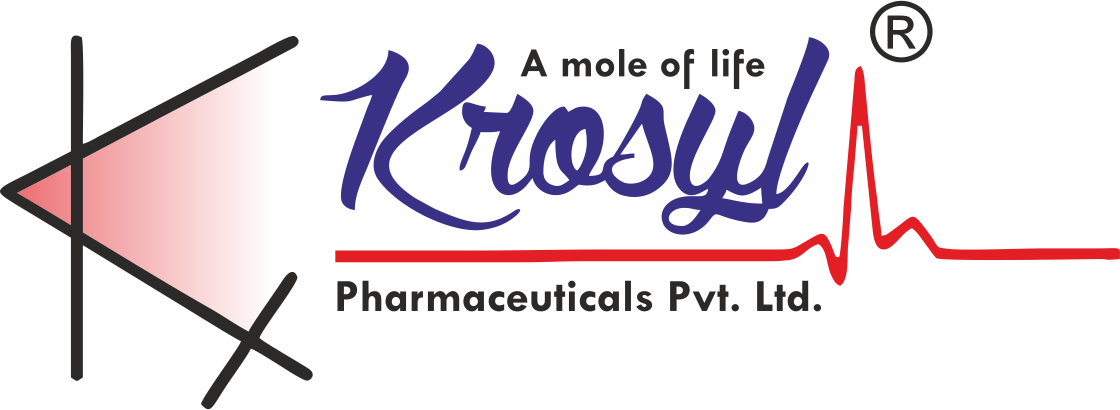
1. What are Vitamins and Minerals?
Vitamins and minerals are essential MICRO NUTRIENTS that our bodies need to perform a variety of vital functions. Unfortunately, our bodies cannot produce these MICRO NUTRIENTS, so we must obtain them from the food we consume. Eating a balanced diet rich in vitamins and minerals is essential for maintaining optimal health and well being.
2. Benefits of Vitamins and Minerals?
Through the intake of vitamins and minerals, the immune system can be strengthened, normal growth can be optimally enabled, and organs can properly perform their roles.
LIST OF VITAMINS & MINERALS
- VITAMINS
- Vitamin A
- Vitamin B
- Vitamin C
- Vitamin D
- Vitamin E
- Vitamin K
- MINERALS
- Iron
- Calcium
- Zinc
- Phosphorus
- Magnesium
> MULTIVITAMINS
VITAMIN A
Vitamin A is utilized by the body to keep the heart, lungs, liver, and other organs functioning properly. It is also necessary for healthy vision, skin, and hair. This Vitamin is especially important for pregnant women, as it helps to prevent maternal mortality. This nutrient is also known as beta-carotene.
- VITAMIN B
Vitamin B is Needed for
- For Good immunity,
- For producing energy,
- For proper neural health,
- For supple skin
- For iron absorption.
This Nutrient helps convert carbohydrates, fats and proteins into energy.
Several B vitamins are also required for cell development, growth and function.
There are eight different essential B vitamins — B1 (thiamin), B2 (riboflavin), B3 (niacin), B5 (pantothenic acid), B6 (pyridoxine), B7 (biotin), B9 (folate) and B12(cobalamin).
- VITAMIN C
Vitamin C, which is also known as ascorbic acid. It has antioxidant properties
vitamin C boosts the immune system and increases iron absorption from plant-based foods and supplements. Strengthening blood vessels and gives skin its elasticity.
- VITAMIN D
Vitamin D, also known as calciferol, is essential for maintaining a healthy skeletal system. To ensure adequate levels of this vitamin, it is recommended to spend some time in the sun each day, as this can help to boost vitamin D levels in the body.
- VITAMIN E
Vitamin E is an essential antioxidant that plays a vital role in maintaining healthy eyes, skin, and a strong immune system. This fat-soluble vitamin can be found in a variety of foods, such as vegetable oils, cereals, meats, poultry, eggs, and fruits, making it easy to incorporate into your diet. Not only does Vitamin E provide numerous health benefits, but it also helps to protect cells from the damaging effects of free radicals.
- VITAMIN K
Vitamin K is essential for the body’s clotting process, aiding in wound healing. Without it, the body would be unable to form clots. Leafy greens such as broccoli, kale, and other vegetables are excellent sources of this vital vitamin.
> MINERALS
- IRON
Iron is an essential mineral found naturally in many foods, added to some food products, and available as a dietary supplement. It is a key component of hemoglobin, an erythrocyte (red blood cell) protein that transports oxygen from the lungs to the body’s tissues. Without sufficient iron, the body cannot produce enough hemoglobin, leading to anemia and other health issues.
- CALCIUM
Calcium is a mineral essential for maintaining healthy bones and teeth, as well as for aiding in blood clotting, muscle contraction, and regulating normal heart rhythms and nerve functions. This mineral is an integral part of a healthy lifestyle, as it helps to ensure that our bodies are functioning optimally.
- ZINC
Zinc is a vital nutrient that plays an essential role in our bodies. Since our bodies do not naturally produce zinc, we must obtain it through food or supplements. it can be found in a variety of plant and animal foods, as well as in supplement form. It is necessary for skin health, immune function, and cell growth, and may even help protect against acne, inflammation, and other conditions.
- MAGNESIUM
Magnesium is essential for the proper functioning of several bodily systems, including the heart, bones, muscles, nerves, and more. Research has shown that a magnesium deficiency or inadequate magnesium intake can lead to a variety of health issues. Without sufficient magnesium, these systems can become impaired, resulting in a range of adverse effects.
- PHOSPHORUS
Phosphorus naturally takes area in lots of ingredients and is likewise to be had as a complement, gambling more than one roles within the frame.It is a key detail of bones, teeth, and cell membranes, with approximately 85% of the body’s phosphorus stored in bones and enamel. No longer only does phosphorus assist clear out waste within the kidneys, but it additionally plays an vital position in how the frame stores and uses power. A ramification of foods comprise phosphorus, with the richest assets being dairy, beef, poultry, seafood, legumes, and nuts.
